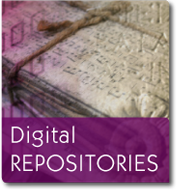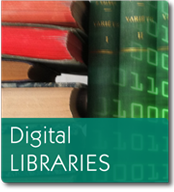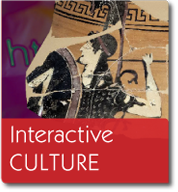 |
||||

|

|

|

|

|
Current Research Information Systems (CRIS)
The need for quality and reliable management of research results becomes a motive for the development of current systems for the management and distribution of research results and scientific output (Current Research Information Systems - CRIS).
A Current Research Information System (CRIS) records, processes, and presents –in the form of open data– metrics and figures related with research activity throughout its life cycle. Indicators and metrics recorded, provide quality information both on the characteristics of scientific output (such as publications, patents, research data and services) and on its sources (researchers, institutions, funded projects, e-infrastructures etc) at many levels.
Quality of Research Information
Current Research Information Systems operate successfully in the international realm as autonomous systems which provide central and reliable information on research activity at an individual and institutional level, national and international level. Their use has been expanded recently and as a result, they have been established as a useful tool for the management, distribution and exploitation of research results in Europe.


CRIS Benefits:
Science is an essential component for any kind of progress. CRIS supports the open distribution of knowledge and benefits a wide range of users:
- Individuals have access to expert software and systems for recording, processing and exploiting research results of modern and updated research in the service of societal prosperity.
- Researchers gain free access to research results, scientific output and software and have the opportunity to collect information from a vast array of reliable and trustworthy resources.
- Administrative bodies have access to research indicators, bibliometric information, detailed analysis and comparative information on research activity of institutions and bodies.
- Research councils have a valuable tool for the improvisation of the evaluation process in funding decisions.
- Business and technology organizations and bodies gain access to innovative research results and technological solutions and can identify their competitors and partners.
EuroCRIS is a non profit organization dedicated to the management and development of Current Research Information Systems (CRIS) in Europe. The organization provides with information a broad variety of stakeholders: researchers, research managers and administrators, research councils, entrepreneurs and technology transfer organizations, media and the public. Interoperability has been a priority for EuroCRIS. Particularly, euroCRIS and its members contribute to the development and evolution of CERIF, a standard model for interoperability.
Developing CRIS: The Hellenic academic Libraries Link in collaboration with experts and academics has lunced procedures for an Open International Contest for the development of CRIS. The initiative has as an objective to develop CRIS as a service for academic institutions and research bodies in Greece.








